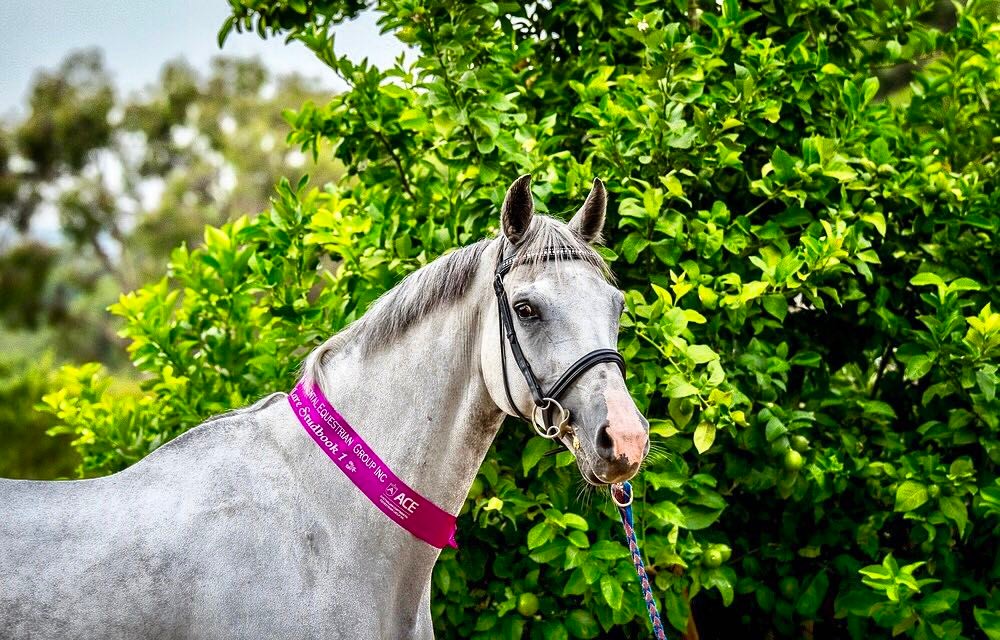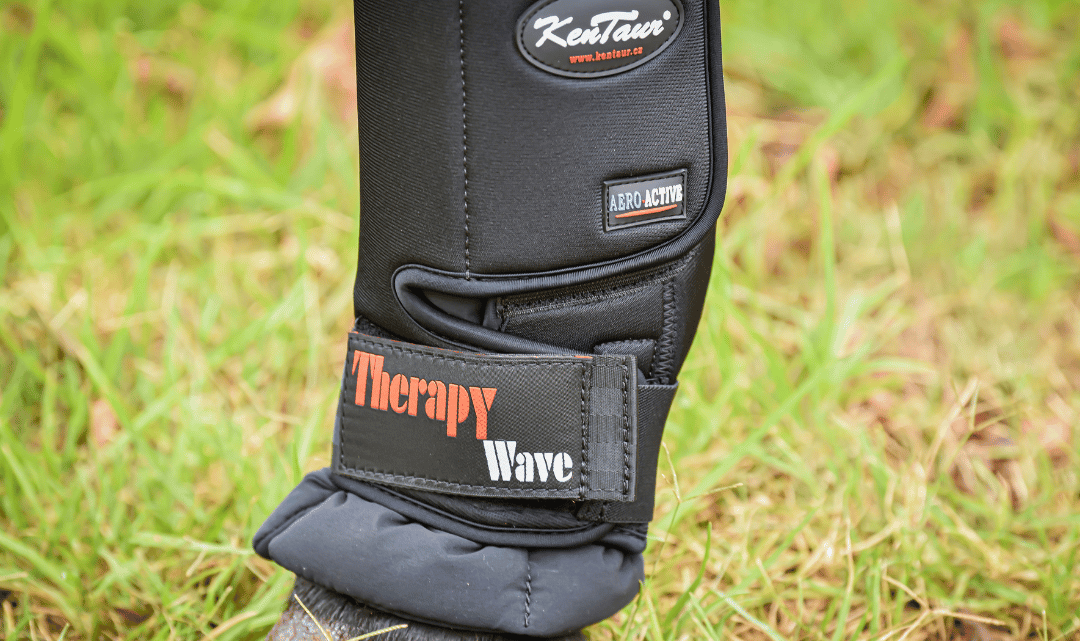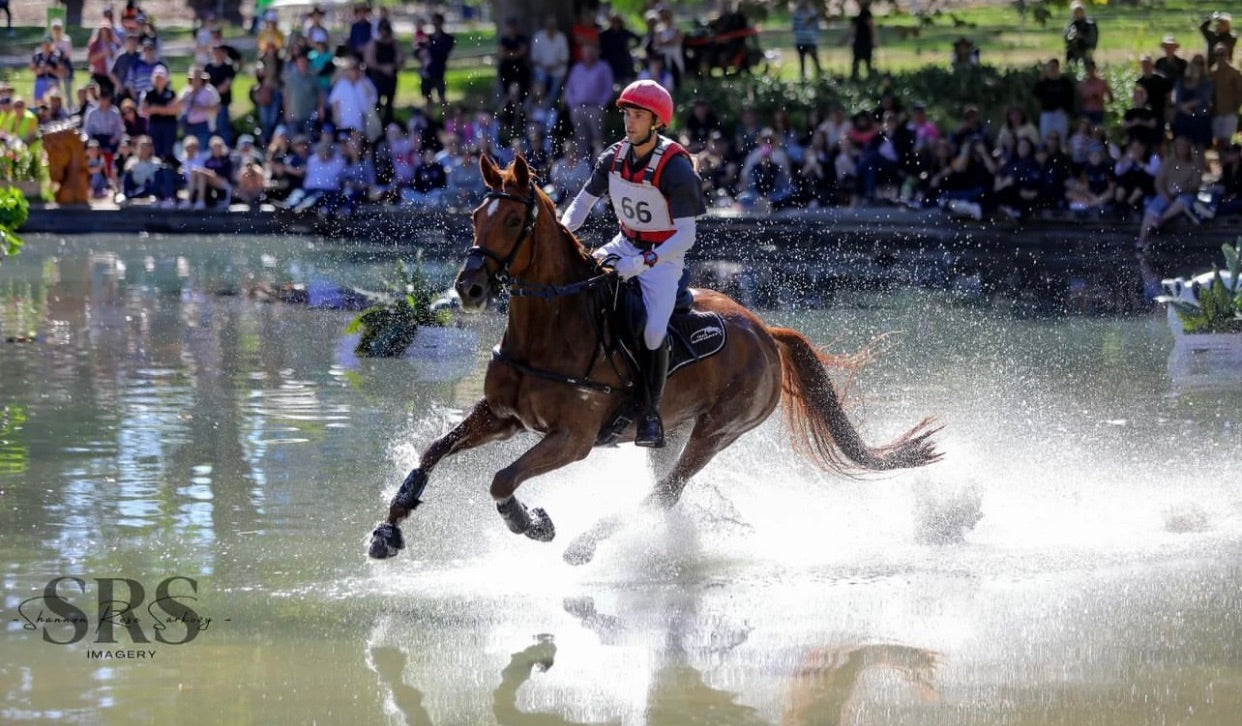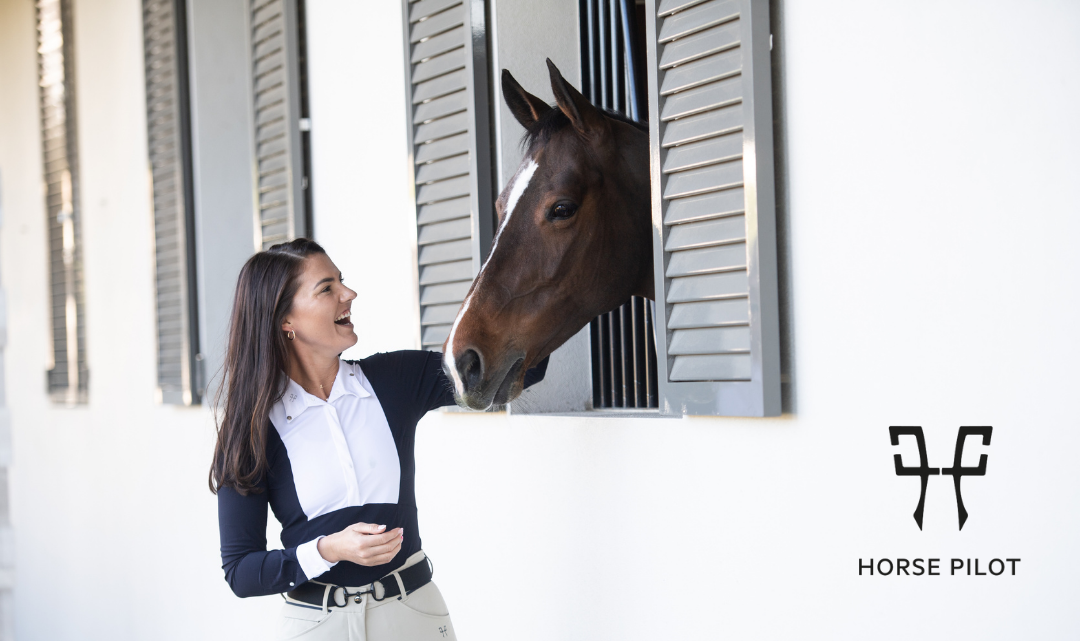I am often asked by warmblood owners whether they should get their horse assessed and/or registered. As a performance horse breeder and advocate of the Australian Continental Equestrian Group Inc (ACE Group), my answer is almost always yes. The benefits of doing so (despite being long-term) are great; and if you are a horse breeder, then I believe it is a non-negotiable!
So let’s start with warmblood assessment. As the word suggests, this is an opportunity to present your horse for review by an expert, receiving feedback about things such as conformation, movement and jumping ability. Not only can this help provide direction on whether you are breeding a correct horse for sport, but it can help inform future breeding choices and provide the owner with valuable feedback about their horse in general. It can be done with horses of any age and is not restricted just to sport horse breeders; even those aiming to breed the more pleasure orientated horse or pony can benefit, with owners being given direction on things like temperament, rideability and willingness to perform in young horses.
The ACE Group, for example, has had internationally renowned breeder, owner and judge Gerd Kuest travel to Australia for the past eleven years. We have been lucky enough to host an ACE Assessment here at Kentaur Australia for the past three years in a row; this has allowed us to have many of our own (and outside) horses assessed by Gerd, giving us an invaluable education about what it is we should be looking for in our breeding and performance horses. After each assessment, the owner is given a scoresheet that outlines where they scored well and where they didn’t, with top scoring horses being classified as ‘premium’ or ‘elite’.

Whilst assessment will by no means tell you that your horse will/will not make it to the Olympics, it can give you an indication of things such as the longevity of your horse (i.e. due to certain conformational traits like the angle of the shoulder and hindquarter, as well as the movement of the horse) and whether you have a good ‘type’ of horse for breeding (i.e. should you keep your colt a stallion, or whether your mare is suitable for performance but perhaps not for breeding).
In saying that, it should be noted that this assessment only represents a small snapshot of the horse’s life, and – like us – horses have bad days, too! Luckily, there is an opportunity to re-present the horse the next year if you feel your horse didn’t give the best performance. The scores are also not necessarily the be all and end all of a horses career; just because a horse doesn’t have a conventional free jumping technique does not mean it won’t go on to become a successful world cup show jumper.
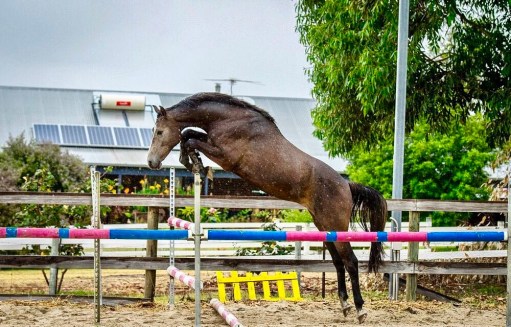
In terms of actual registration of your warmblood, I believe that this can also be of great benefit to owners. It allows you to prove the parentage and bloodlines of your horse, with DNA testing being part of both the ACE registration and AWHA. It is more common than people might think for horses to have a lineage that differs from what they thought/were originally told or even what they purchased. Registration is also good for record keeping, especially for breeders producing a number of generations of horses; it is very easy to lose track of which horse is by/out of which stallion and mare over time! The more you can understand the bloodlines, the better you can breed – knowledge is power, after all.
Registration with the ACE Group will soon allow you to obtain an FEI passport, which is required by all horses when competing at FEI level. By obtaining this when the horse is still young, it helps to ensure that the breeder’s prefix is registered with FEI when the horse competes at a high level, adding a barrier to new owners dropping the breeders prefix. I’m sure many breeders out there have experienced the disappointment of having a horse they bred (and are extremely proud of) called a different name on the competition circuit, or had its breeding prefix removed.
All in all, I am a huge advocate of warmblood assessment and registration, particularly when it comes to providing direction for breeding. It helps us to stay up-to-date and competitive with European breeding, encouraging better performance horse breeding here in Australia.

Photo credit: Eric Lloyd Photography


